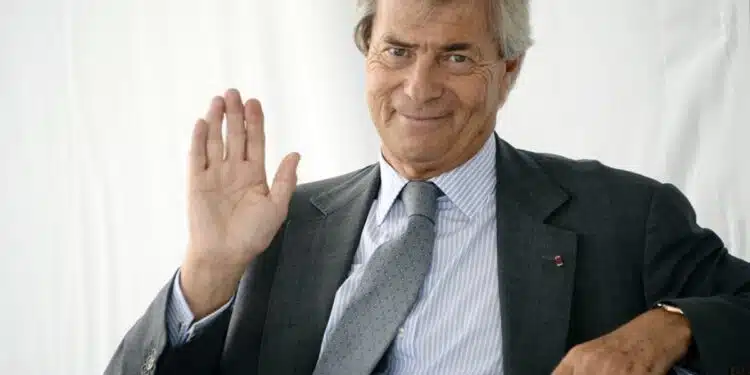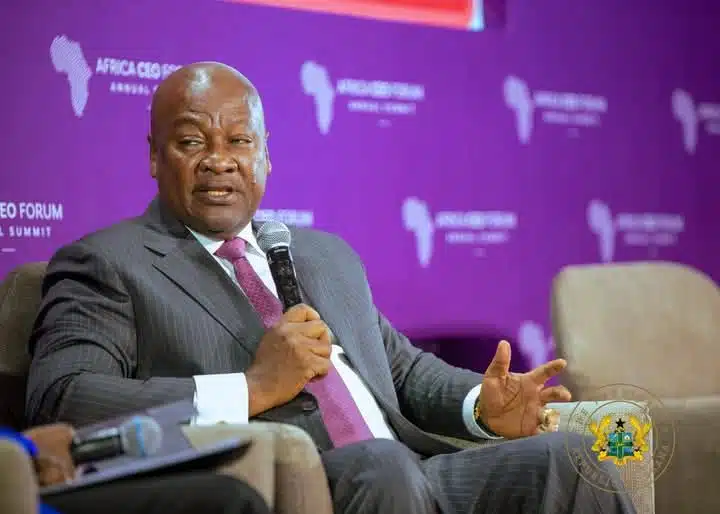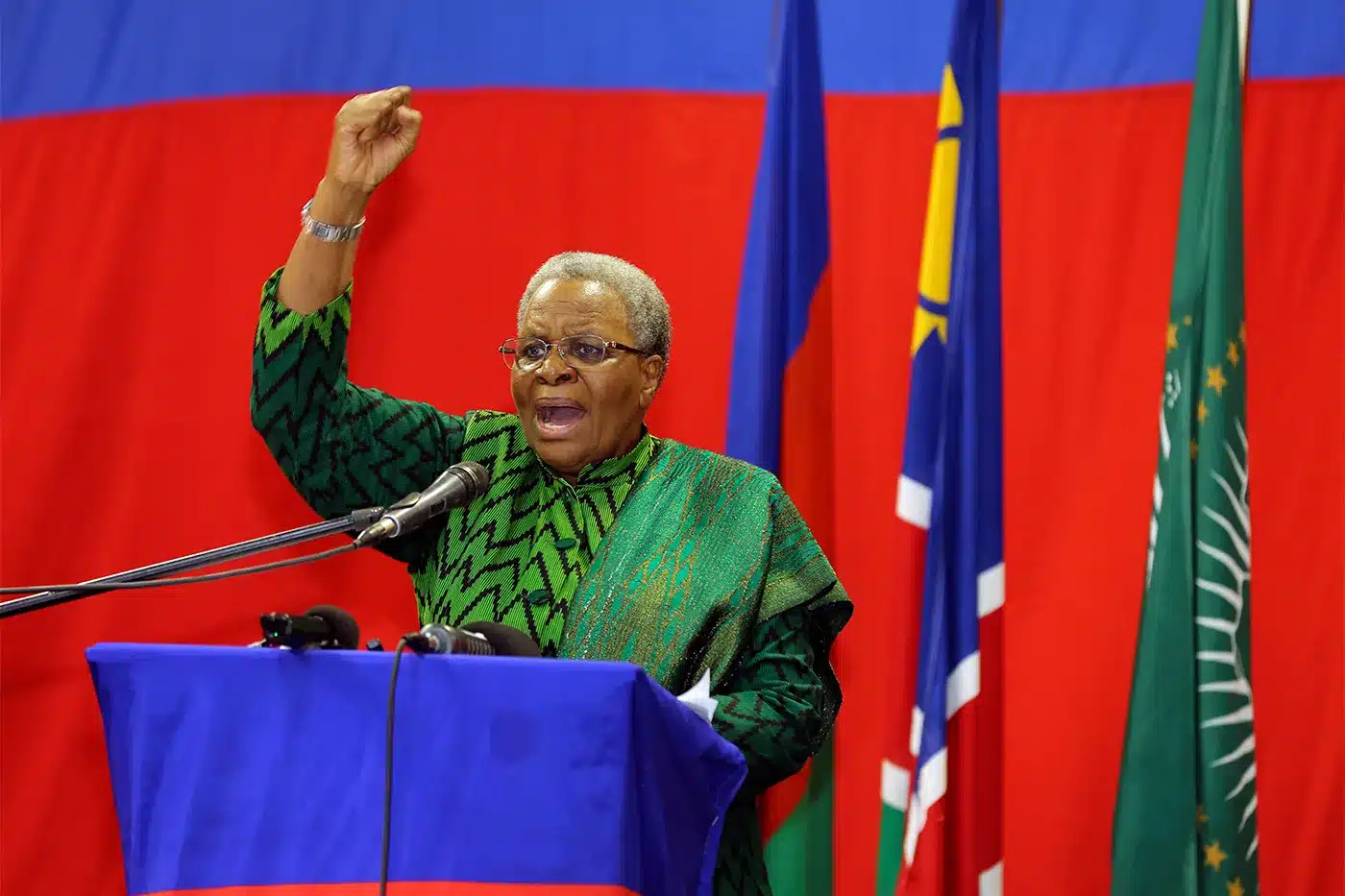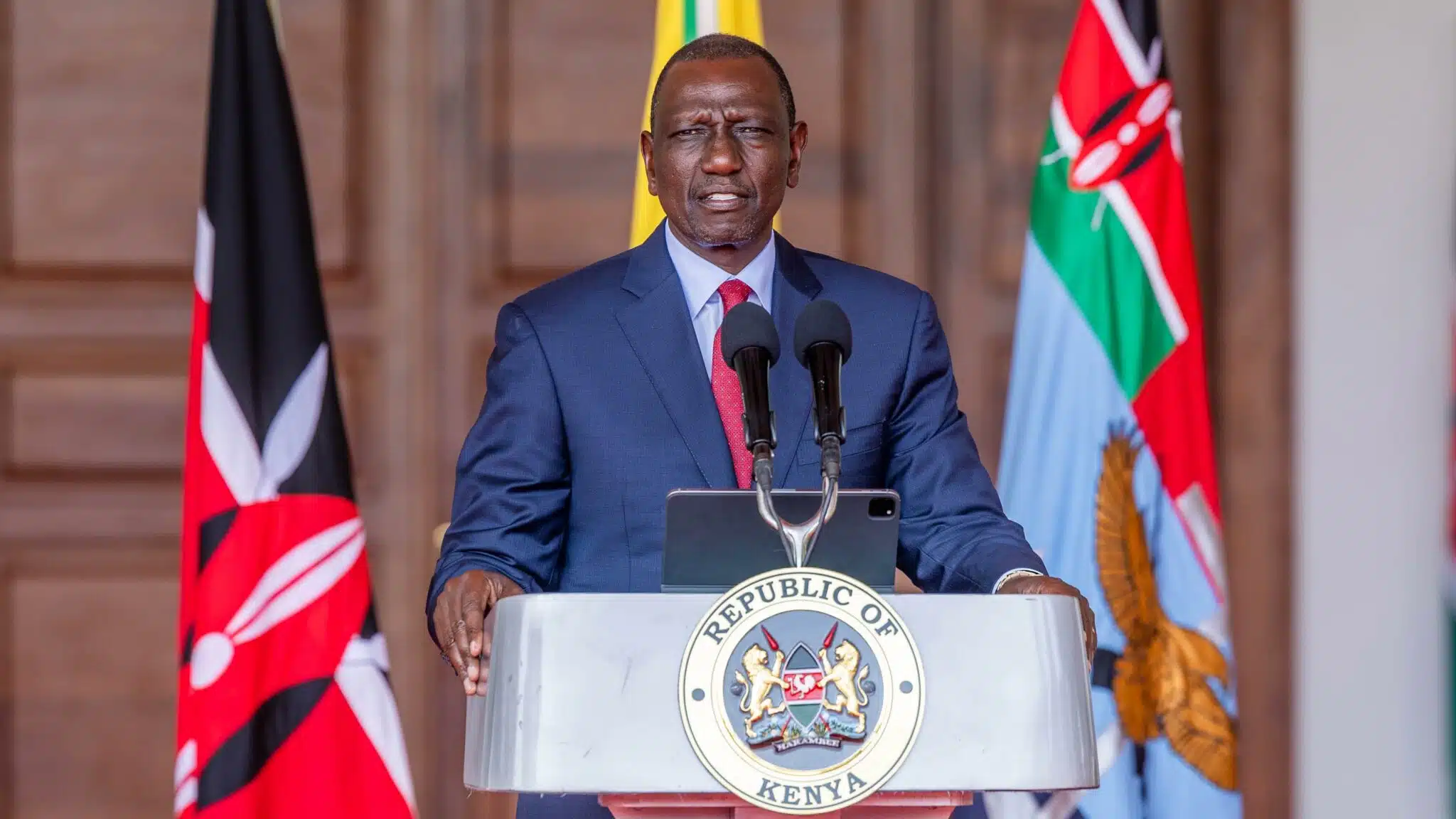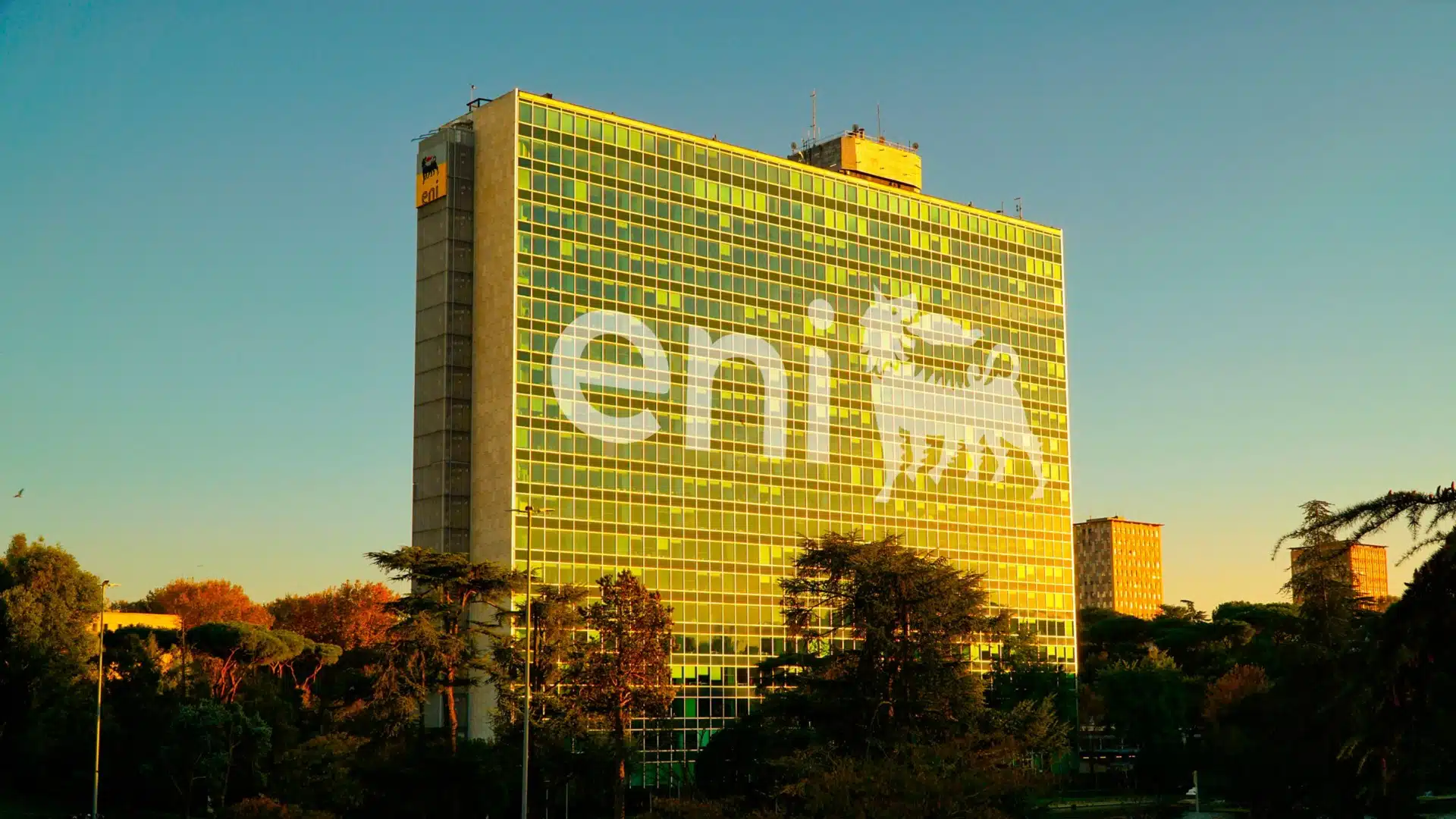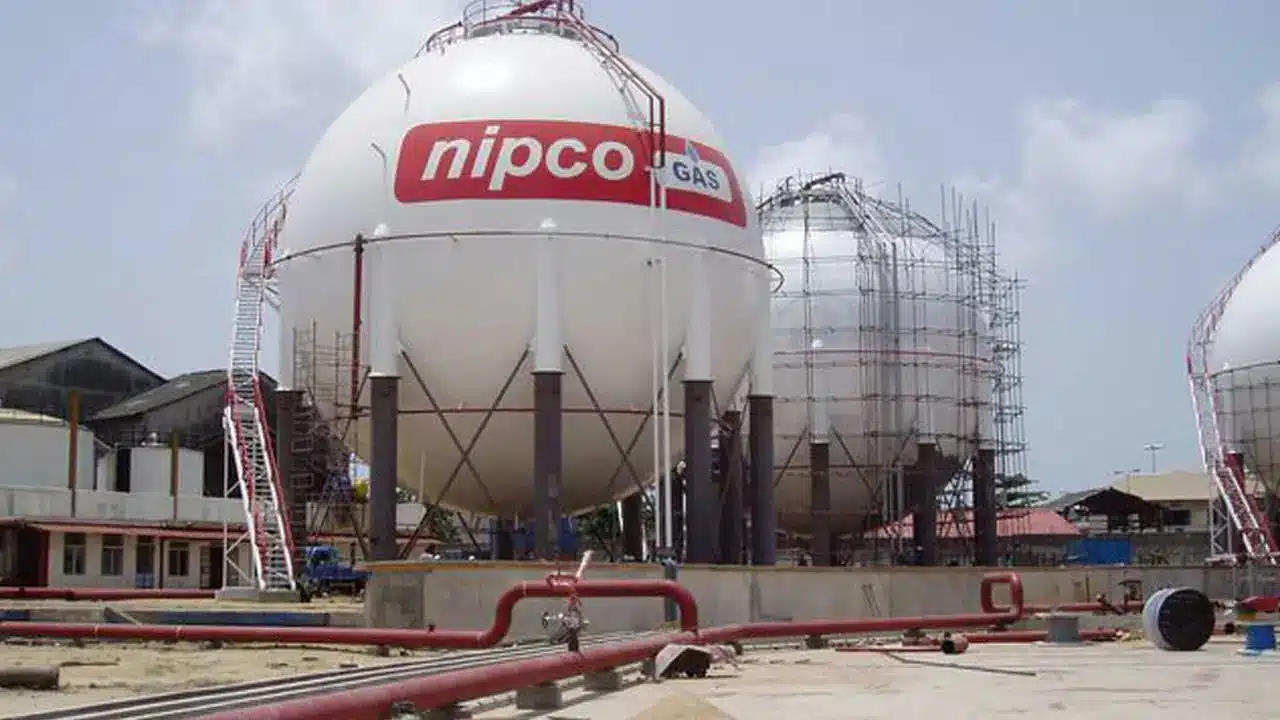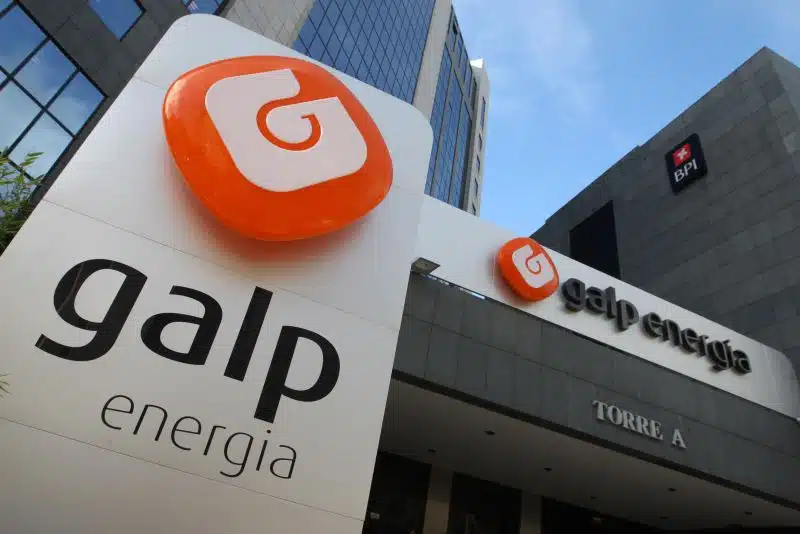A coalition of anti-corruption organizations in Africa has filed a legal complaint against French billionaire Vincent Bolloré and his conglomerate, Bolloré SE, alleging corruption and money laundering related to port concessions across Africa.
The group, known as Restitution for Africa (RAF), comprises 11 non-governmental organizations from Guinea, Togo, Cameroon, Ghana, and Côte d’Ivoire.
The complaint was submitted to the French National Financial Prosecutor’s Office (PNF) on March 19, 2025.
The coalition accuses Bolloré SE, its CEO Cyrille Bolloré, and Vincent Bolloré of securing major African port concessions through corrupt means.
These concessions were held by Bolloré Africa Logistics until their sale in 2022.
The NGOs demand that the profits from these sales be returned to local populations via a restitution mechanism established by a 2021 French law.
Jean-Jacques Lumumba, president of the RAF collective, stated;
“We are trying to condemn the Bolloré method, the practices and the system that was put in place to win elections and have interests and dividends by managing ports in Africa.”
In Cameroon, a national anti-corruption commission report cited in the complaint alleges that Bolloré Group withheld €60 million in fees and fines related to operations at the Douala and Kribi ports.
In Ghana, the complaint claims that in 2014, Bolloré persuaded then-President John Dramani Mahama to award a port contract without a competitive tender, resulting in an alleged net loss of $4.1 billion for the country.
This is not the first time Bolloré’s African operations have faced legal scrutiny.
In 2021, Bolloré Group agreed to pay €12 million to settle with the PNF over allegations of undercharging the Togo and Guinea governments for consultancy work in return for port management contracts.
The PNF has acknowledged receipt of the current complaint and is reviewing it to determine whether to proceed with a criminal investigation.
The coalition hopes this case will activate the 2021 French law allowing for the reallocation of assets seized in corruption cases to fund development projects in affected countries.
Lumumba stressed that the unlawful operations of companies like Bolloré have adverse effects on the development of social amenities on the continent.
“This money means fewer hospitals, fewer schools, fewer roads, fewer infrastructure projects. And it’s a future that we’re taking away from our young people.”
As of now, Bolloré Group and representatives for the Bolloré family have not responded to requests for comment regarding the allegations.
There are ongoing concerns about the operations of foreign companies in Africa, and the legal action initiated by the African-led coalition underscores this.
The outcome of this case, which is still ongoing, could have significant implications for corporate accountability and the governance of Africa’s port operations.
The growing influence of foreign businesses has sparked debate among policymakers, economists, and civil society groups.
For instance, many see China’s increasing loan for the continent as a looming “debt trap” that could undermine the continent’s economic sovereignty.
Recently, Trafigura and its CEO Mike Wainwright was found guilty in a $5 million bribery case involving a ploy to secure lucrative oil contracts in Angola.

